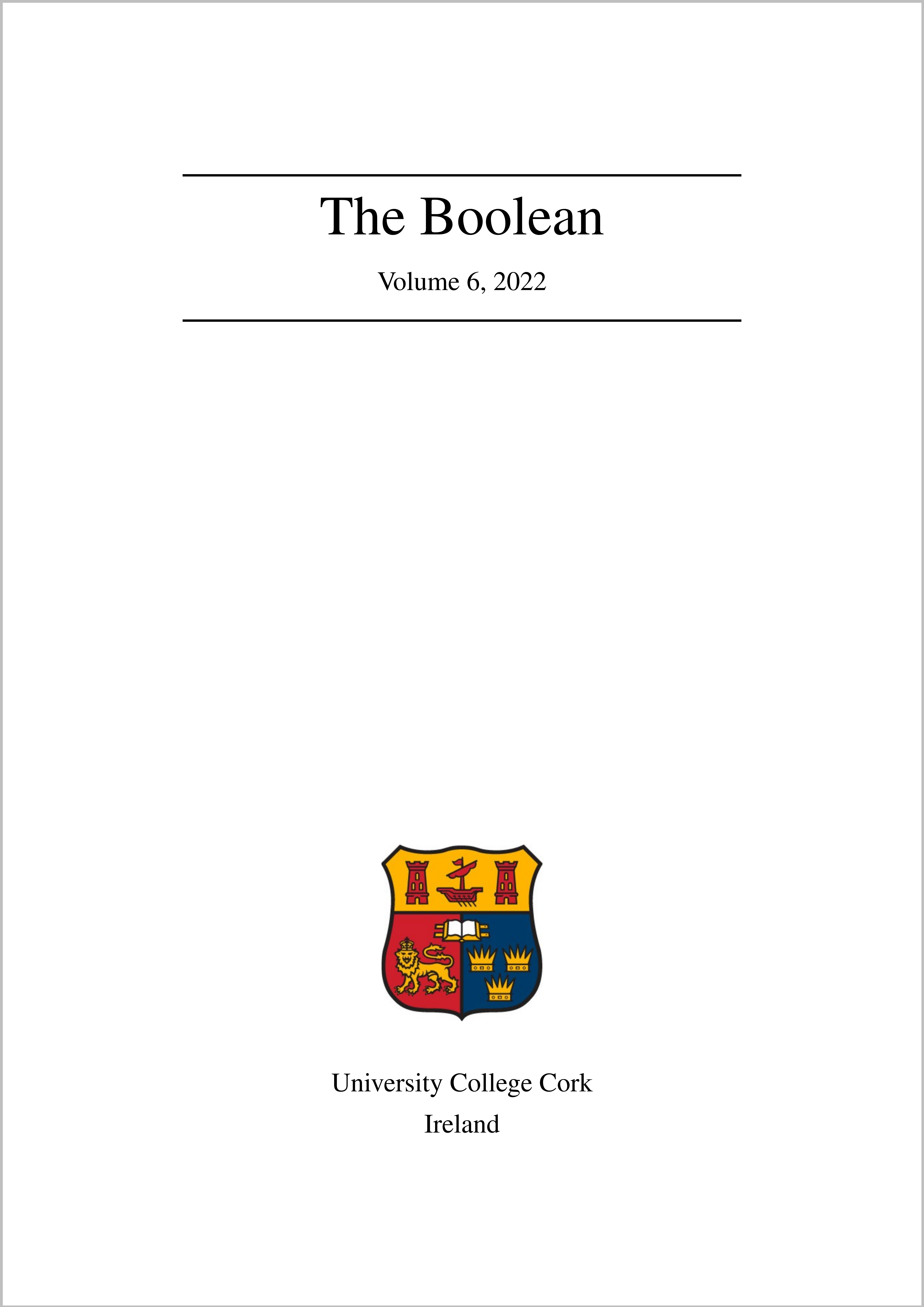Sudanese Fermented Foods
DOI:
https://doi.org/10.33178/boolean.2022.1.15Keywords:
Sudan, Fermented Foods, 16S rRNa sequencing, 18S rRNA sequencing, Sudanese foodsAbstract
Fermented foods of Sudan are a great source of affordable daily nutrition for many families and age groups all over the country. These foods include a diverse categorisation of starting ingredients and incur traditional methodologies of production which have been preserved for centuries. We used next generation sequencing (16S rRNA and 18S rRNA) to analyse 44 Sudanese Fermented foods in five major categories food types; sorghum, plant, meat, fish and dairy. Samples were collected in Khartoum, Sudan and analysed in Cork, Ireland. We found an extensive array of unique microorganisms in Sudanese fermented foods that extended over 1300 operational taxonomic units (bacterial identification) and many fungi. While many of these foods have healthy benefits for human health, harmful bacteria and fungi were also found owing to the preparatory methods of these types of food. Further research is required to isolate the microbiome of such foods and bring about health promoting effects of Sudanese Fermented Foods to light.
References
Downloads
Published
Issue
Section
License
Copyright (c) 2022 Amel Sami, Catherine Stanton, Imad Elimairi, Paul R Ross , Yasmeen Elyass , Marmar Elsiddig, Heyam Salih

This work is licensed under a Creative Commons Attribution-NonCommercial-NoDerivatives 4.0 International License.



